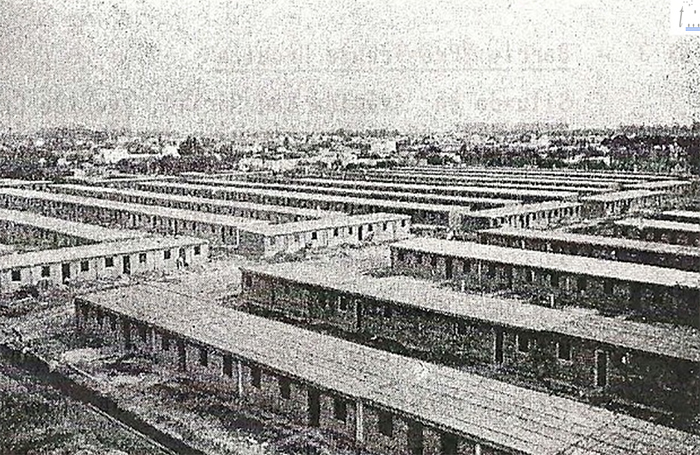Shantytowns, housing and state order: the Plan de Emergencia in 1950s Argentina
Adriana Massidda, De Montfort University (UK)
Awards 澳门王中王 President's Awards for Research 2020
Category History and Theory

In September 1955, in Argentina a coup d'茅tat backed by a heterogeneous coalition of military and civil actors overthrew the elected government of Juan Domingo Per贸n and set out to profoundly alter most of his policies. One key aspect to be addressed was that of housing and, by extension, the role of shantytowns in the urban landscape. Indeed, after a decade of significant social and economic change, urban employment had grown faster than housing provision and shantytowns had expanded rapidly, gaining sudden visibility. This research analyses the first shantytown eradication programme launched in Argentina, the Plan de Emergencia (1956), to uncover the conceptions of housing sustained by the state at a crucial historical juncture. It will be argued that the plan re-cast earlier ideas on housing and planning, updating them in line with the new political context. In doing so, it reflected the contradictions of the historical moment, for example by recommending state-sponsored clearance alongside state withdrawal from housing funding. Furthermore, the plan intertwined local concerns with inter-American discussions, engaging with emerging professional networks in the Cold War Americas and setting a key antecedent for forthcoming housing and urban plans during the 1960s and 1970s.
